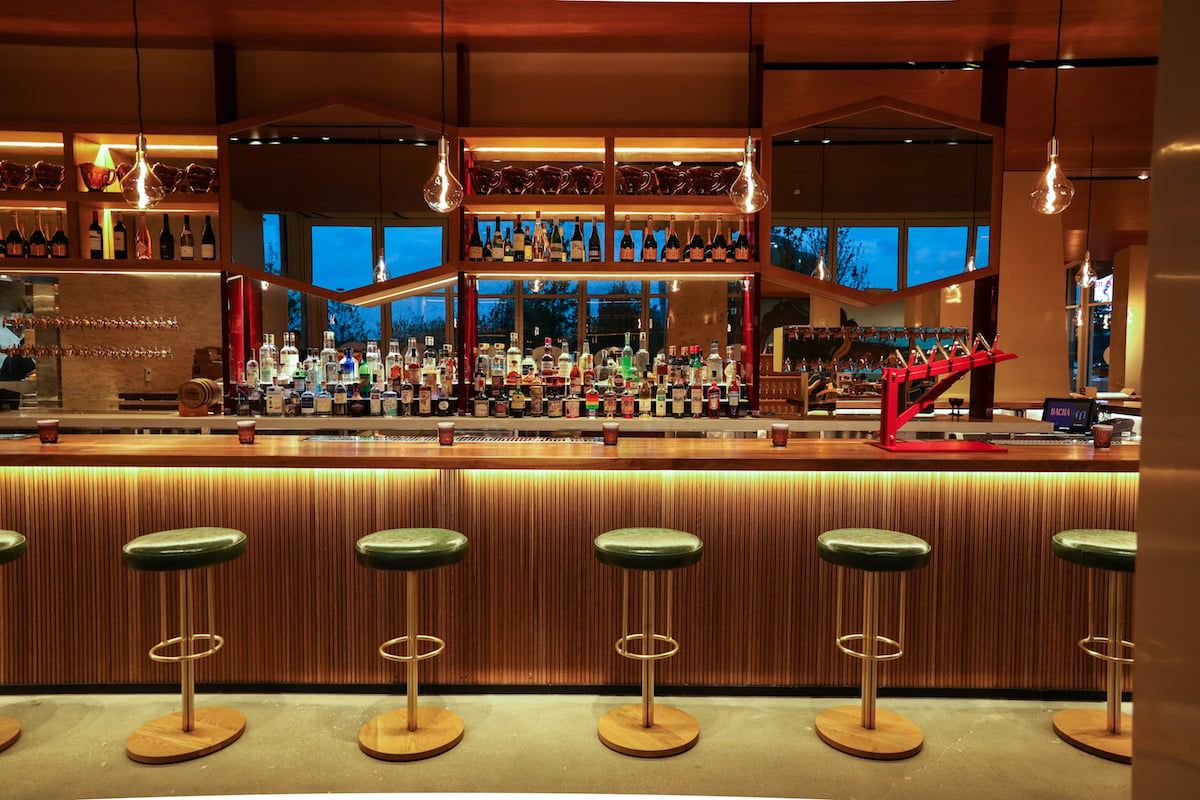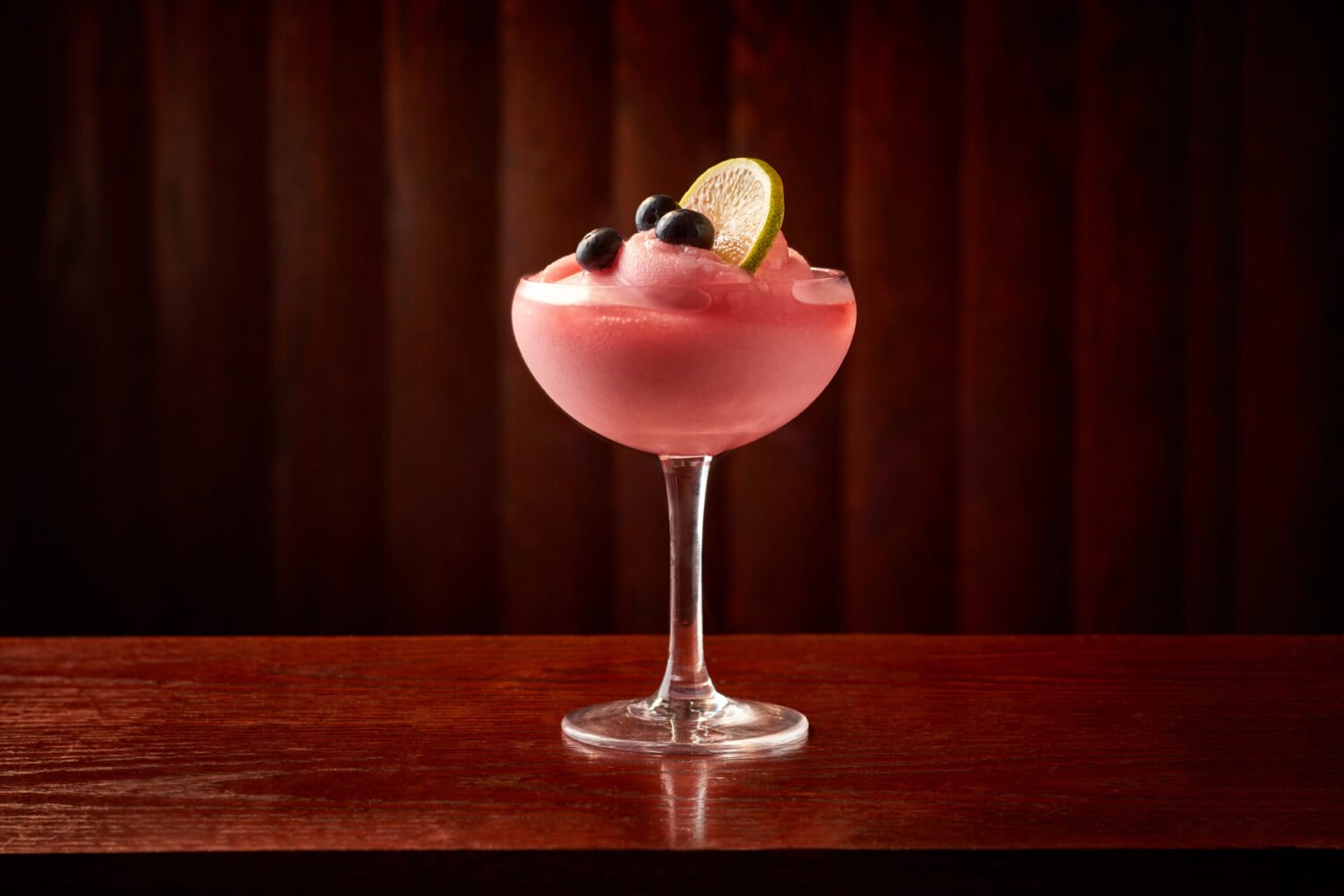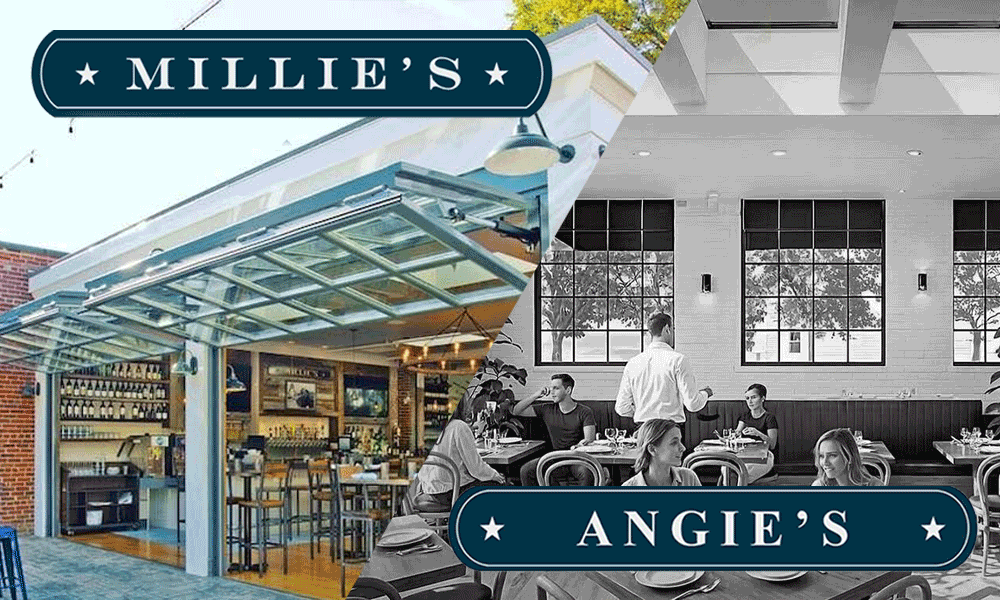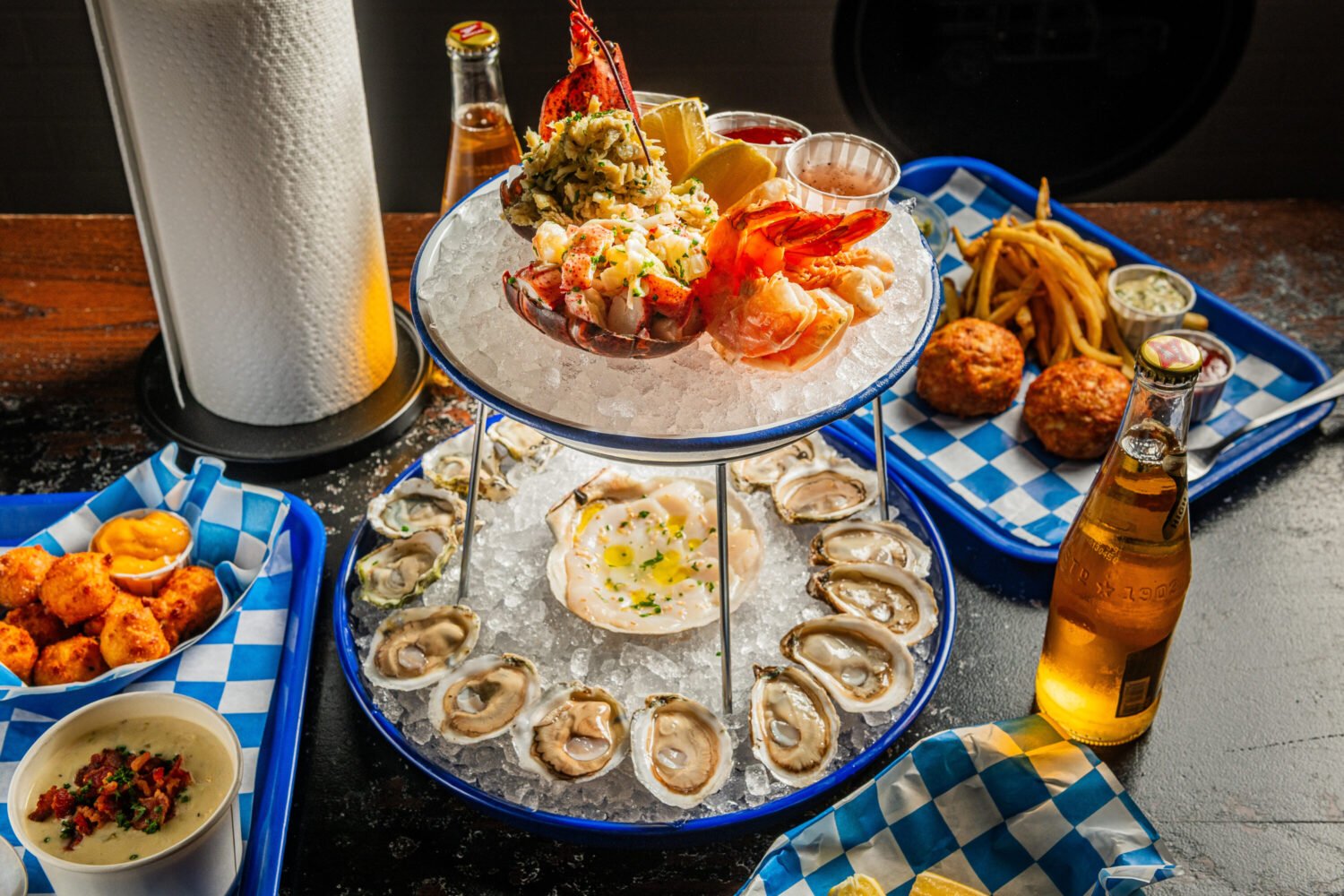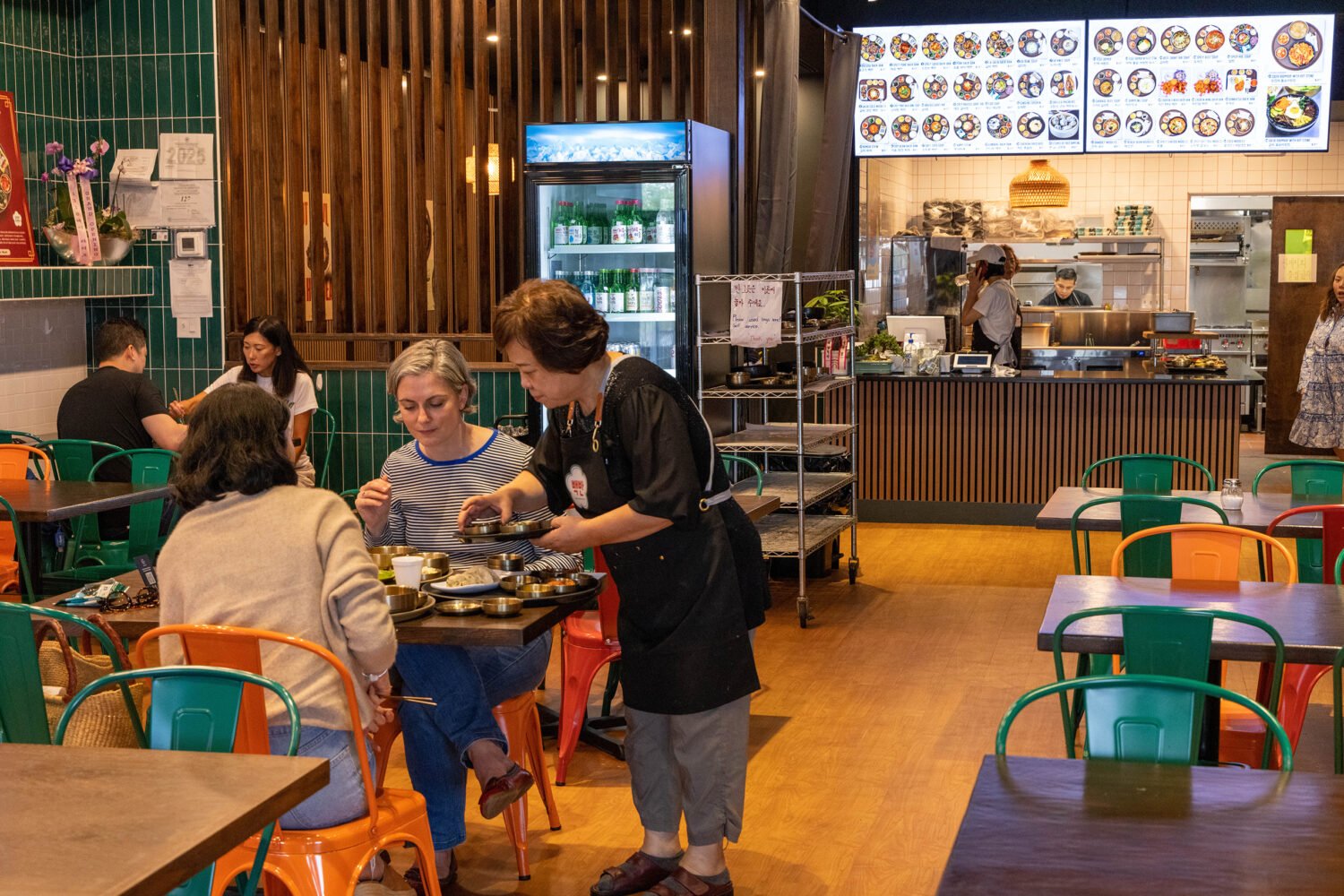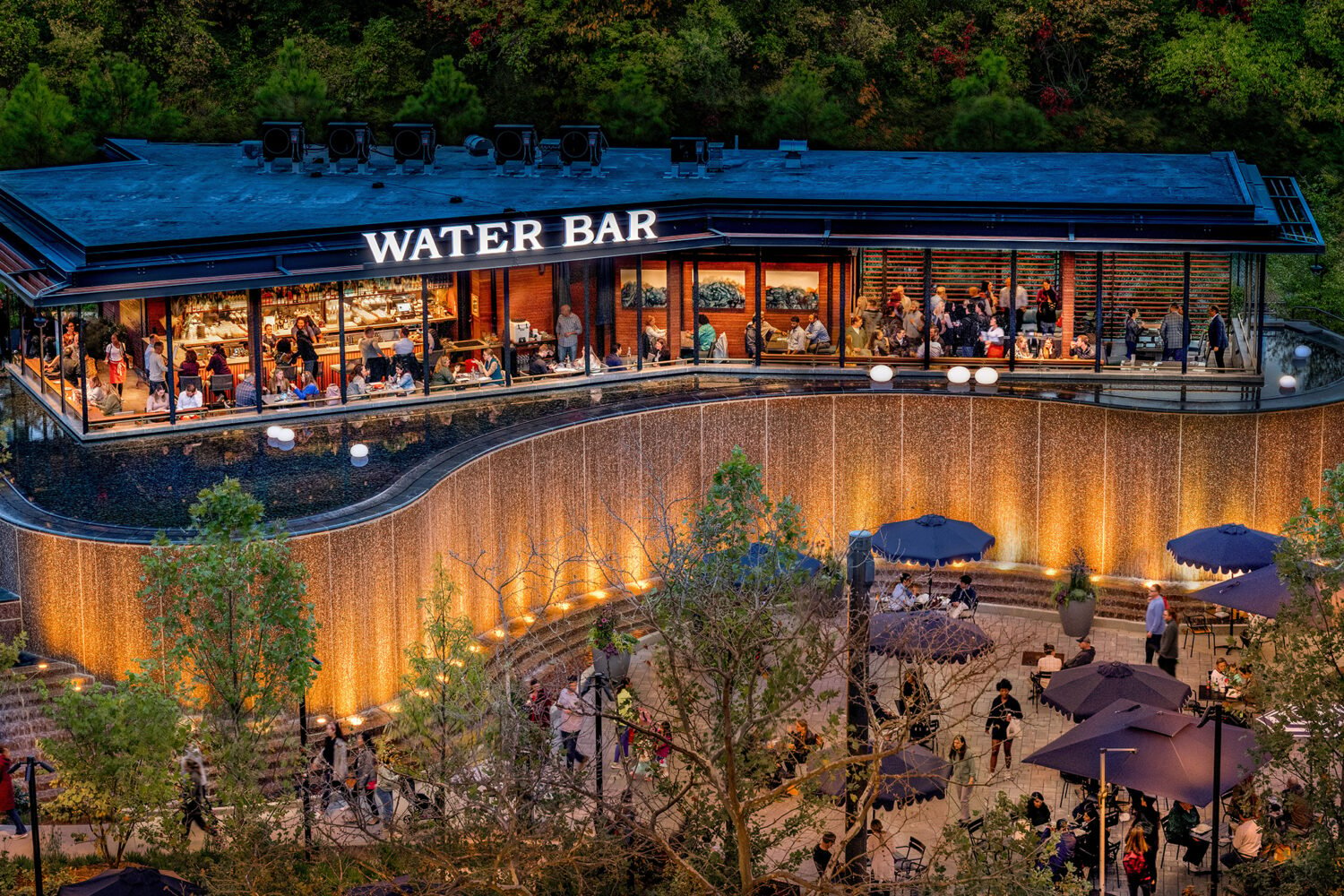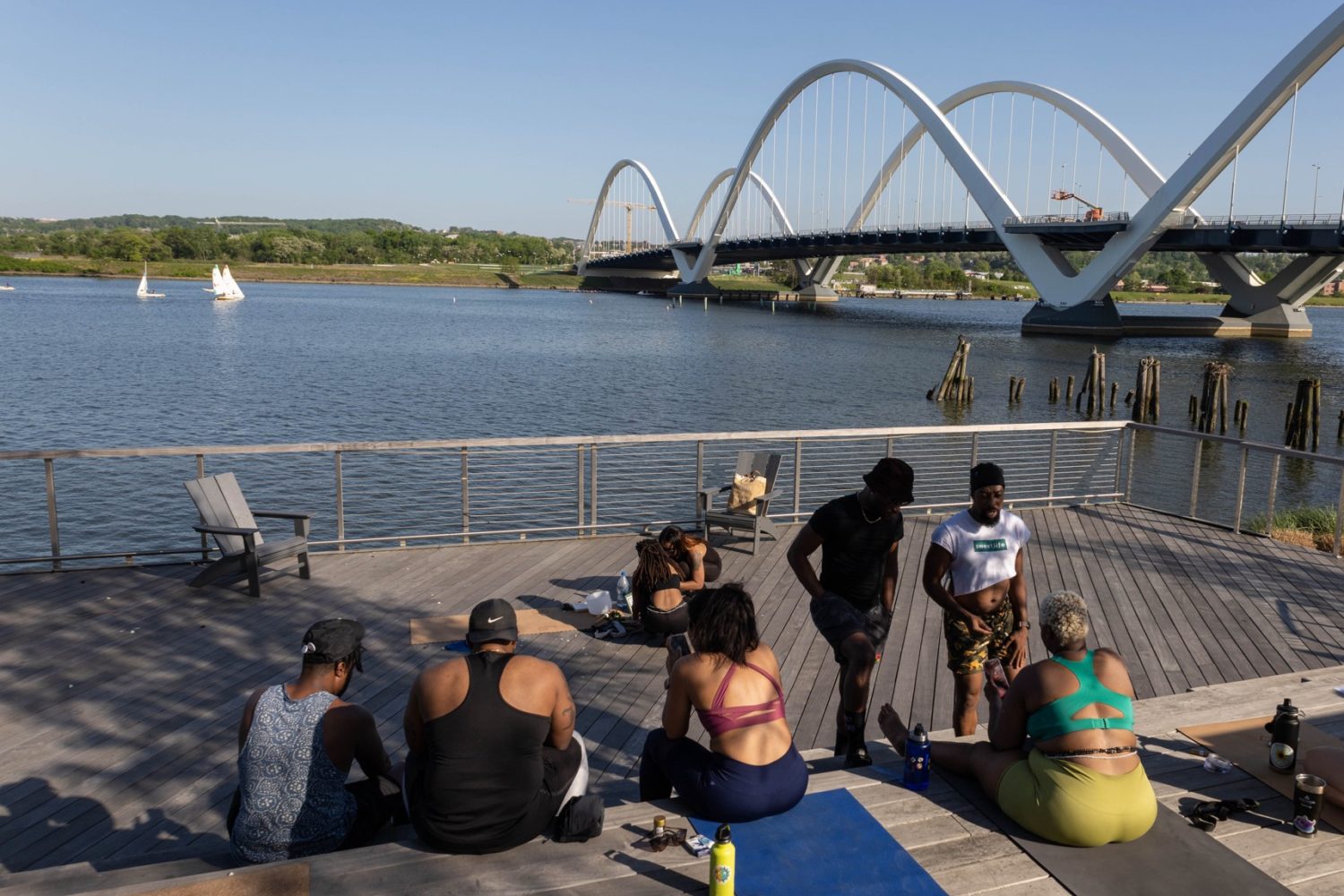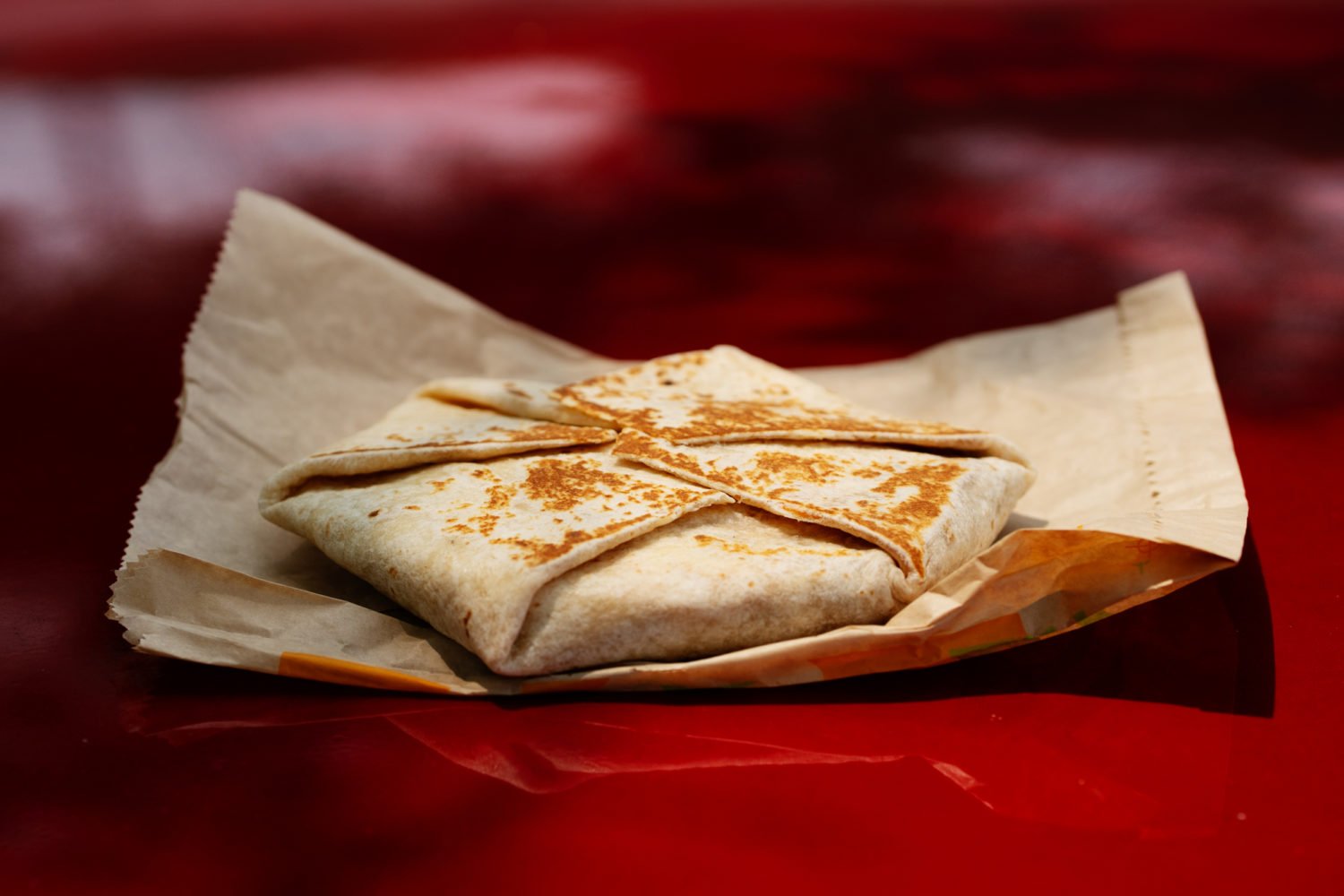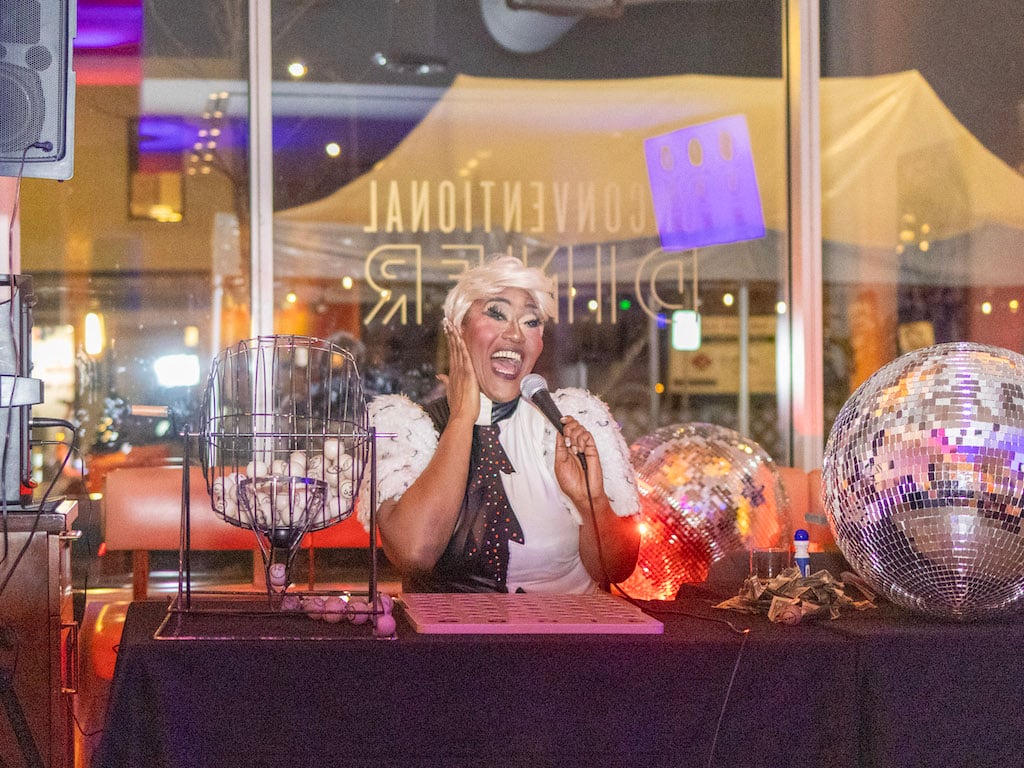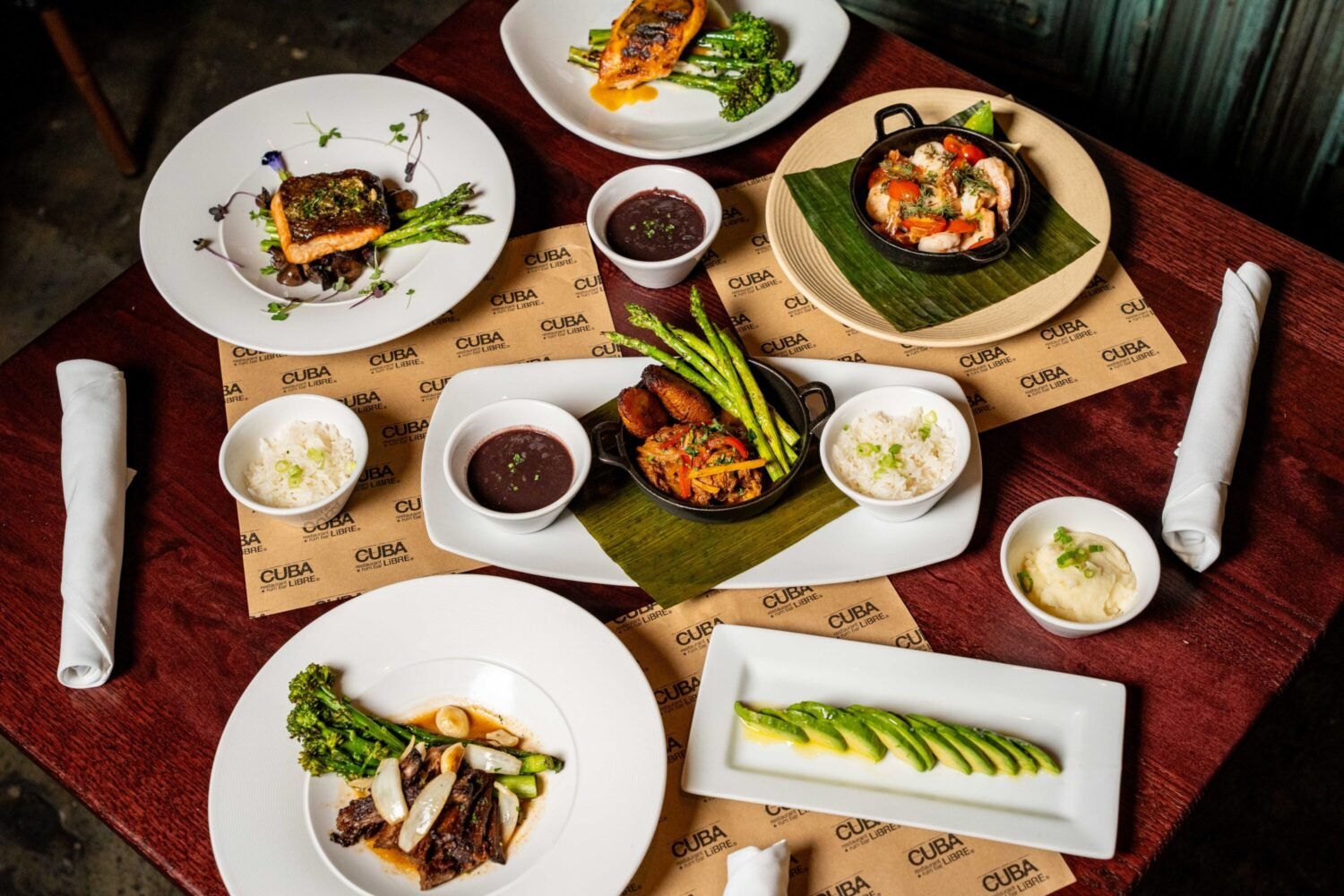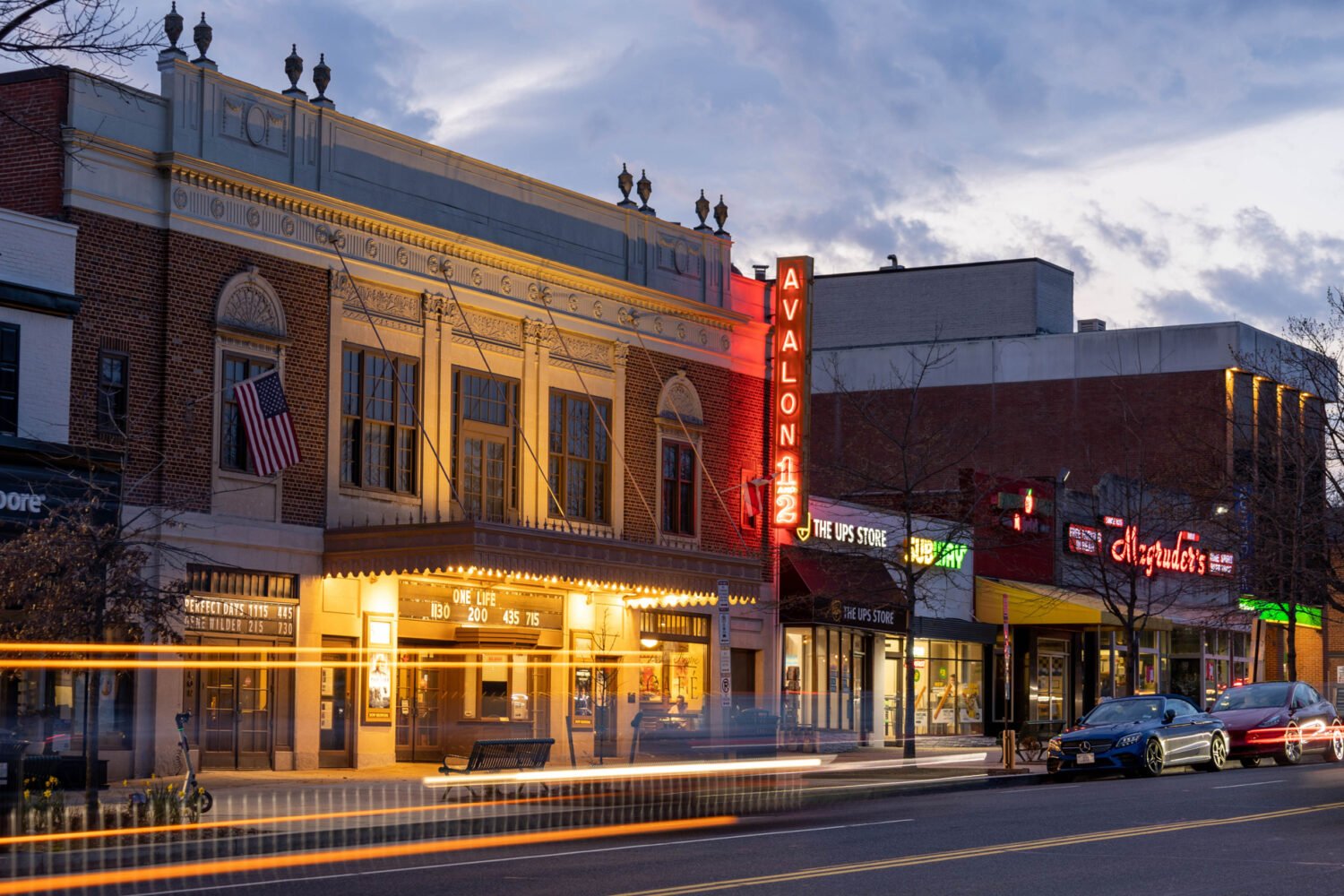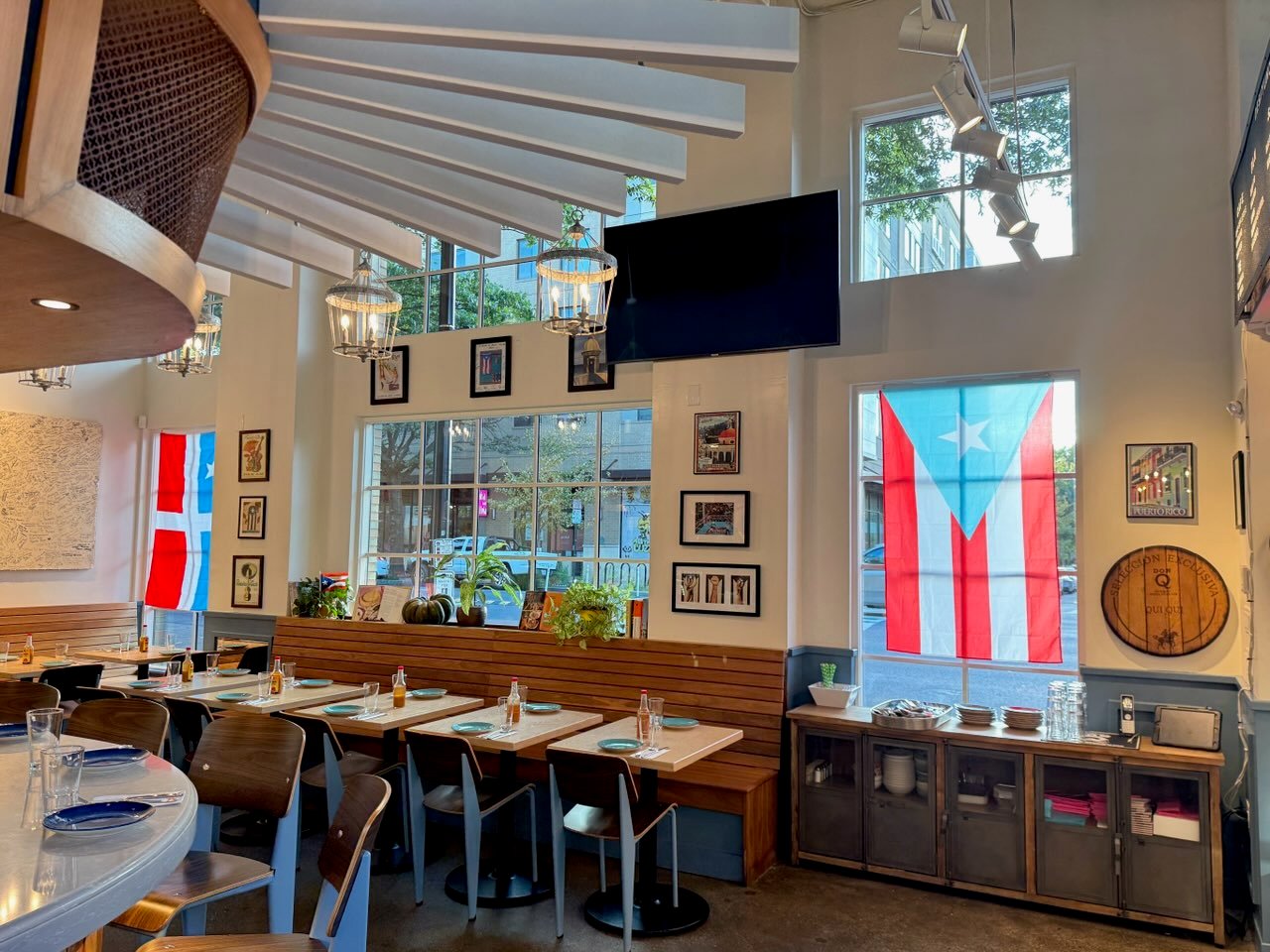Dacha Navy Yard has been open just under two months, but the modern American restaurant with 800-person beer garden is already facing legal and financial trouble. Owners Ilya Alter and Dmitri Chekaldin are the focus of a lawsuit from TriMark Adams-Burch, one of the major restaurant supply companies in Washington. In the complaint, filed in early June, TriMark Adams-Burch alleges the business owes over $277,453 in outstanding bills and accuses the restaurateurs of “fraud, ill-will, recklessness, wantonness, oppressiveness, and willful disregard of Adams-Burch’s rights with evil motive or actual malice.”
Additionally, a $83,524.90 lien has been placed on the building from Consolidated Electrical Contributors for Dacha’s unpaid electrical work and light fixtures, for which the restaurant is responsible. Several former employees also allege late or missing payments.
The spectrum of claims present a rocky financial picture for the newest tenant of Dock 79, a mixed-use waterfront development steps from Nationals Park. In its lawsuit, TriMark Adams-Burch alleges that Dacha’s owners issued fraudulent bank authorizations “as part of conspiracy” to gain the vendor’s trust, resulting in the company delivering hundreds of thousands of dollars of restaurant supplies—from expensive kitchen equipment to smaller items like flatware—used at both the Shaw flagship and new Navy Yard location. The lawsuit also claims that after the new Dacha opened in May, TriMark Adams-Burch attempted to withdraw $28,134 from Dacha’s authorized accounts to pay down a fraction of the business’s balance. The company alleges that Alter then accused Adams-Burch of fraud, had the charges reversed by the credit card company, and severed access to all of Dacha’s previously authorized accounts.
Alter calls the company’s legal action a “fake” lawsuit: “We have a dispute about how much money is owed to this vendor who was supplying equipment, which will be resolved soon. It’s a tactic the company is trying to use to negotiate.”
As for the lien, Alter says it’s a result of a massive, expensive—pricier than anticipated—restaurant project.
“We just finished construction on this big project, and there are always some people who haven’t yet got paid, but they will. It’ll be resolved in the next couple of weeks,” Alter says.
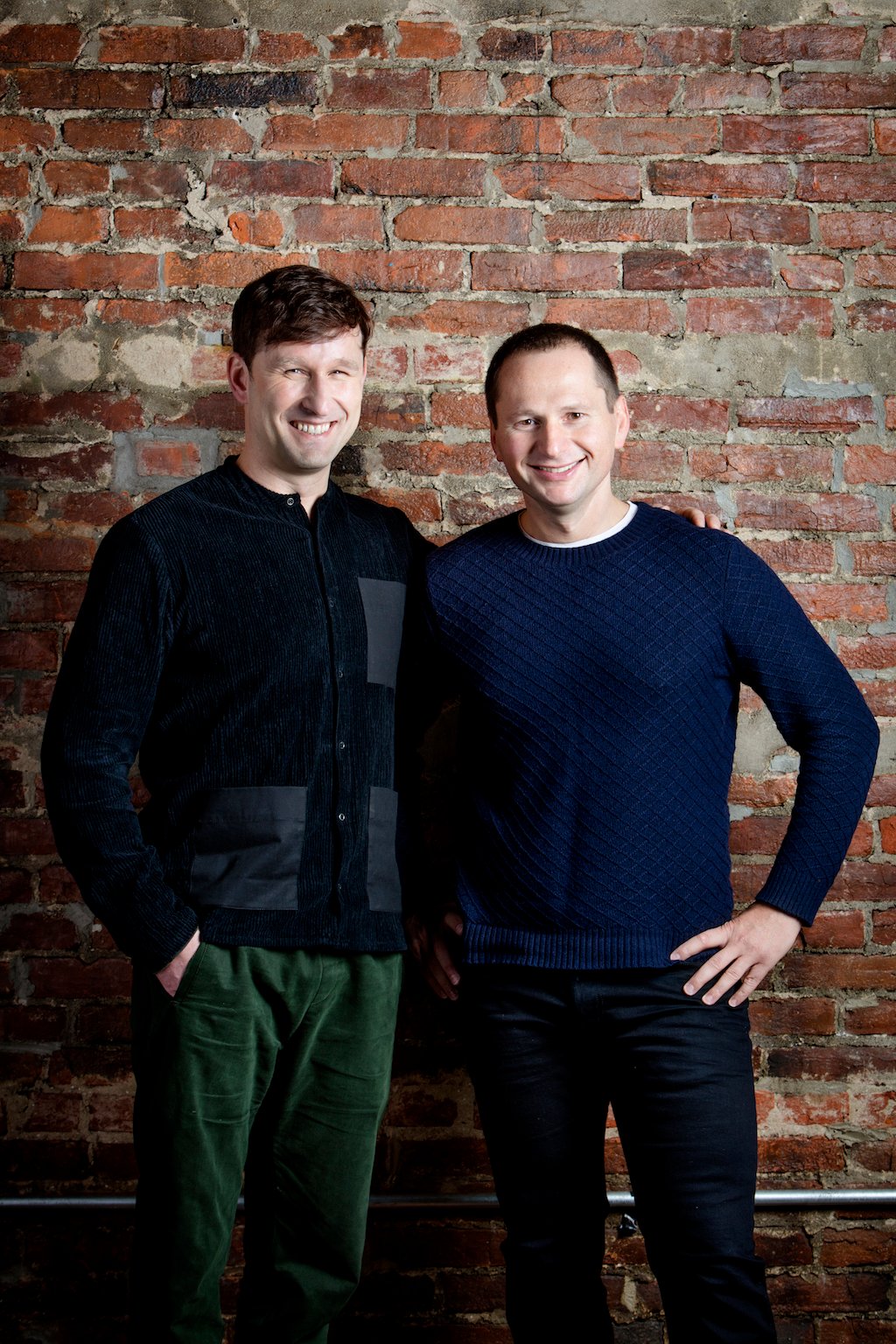
There are also at least five former employees who allege missing payments. The employees spoke to Washingtonian on the basis of anonymity because they fear ownership withholding payment or that talking might hinder future employment opportunities. In the massive outdoor beer garden, which opened in Navy Yard mid-May after the indoor restaurant, two former bartenders claim Alter verbally promised “the airstream team” (nicknamed for the outdoor trailer bar) $25 an hour plus tips—well above DC’s hourly minimum wage. In the first week when only canned beer was served, those tips consisted of a few bucks dropped in a bucket at the bar (the restaurant is otherwise cashless). Then when the full beer garden menu launched, an automatic 18-percent “gratuity” (20-percent for parties of six or more) was added to all checks. Come payday, bartenders say they were shocked to see they weren’t receiving the tip amount. One bartender claims he saw nearly $3,000 in his personal gratuities on a gorgeous, busy day when crowds packed in for the Nationals game. It all went to the house.
Alter, however, says the bartenders were never promised a cut of the automatic gratuity—a practice that was implemented in Shaw last year and instituted in Navy Yard in early June, about a month after the restaurant opened.
“Gratuities are not distributed amongst employees. Gratuities are the revenue of the business,” says Alter. “It allows them [employees] to work for a fair wage that’s above minimum wage. We believe and they believe it’s a progressive thing to do, and that’s in line with what our community feels is the right thing to do.”
After the publication of this story, Dacha issued a statement on its Facebook page that called some quotes in this story “misleading” and asserted “every single dollar brought in through this [automatic gratuity] method is returned to Dacha’s employees.” The statement goes on to say that the “automatic gratuity” or “service charge”—a term never printed on Dacha’s menus or checks—gives them “the flexibility of using this money to benefit all employees, including back of the house and support staff, who typically do not share in traditional tips.”
The former employees—including managers—that Washingtonian spoke to say they were unaware that automatic gratuity would go to back-of-house staff. Previously, when Washingtonian asked Alter how the gratuity was distributed among employees, he never mentioned kitchen or support staff.
“Again, gratuity is the revenue of the business that’s completely different to what we pay our employees,” he said.
Claiming this policy wasn’t communicated, the beer garden bartenders say they immediately approached Alter on June 6 to discuss their pay. In the meeting, they allege the ownership “played dumb,” telling them gratuity was never intended to be distributed among the beer garden staff. Two immediately quit as a result.
“In my opinion, they’re getting away with stealing from the workers and the guests,” says one former bartender. “You think the gratuities are going to the workers, and they’re not.”
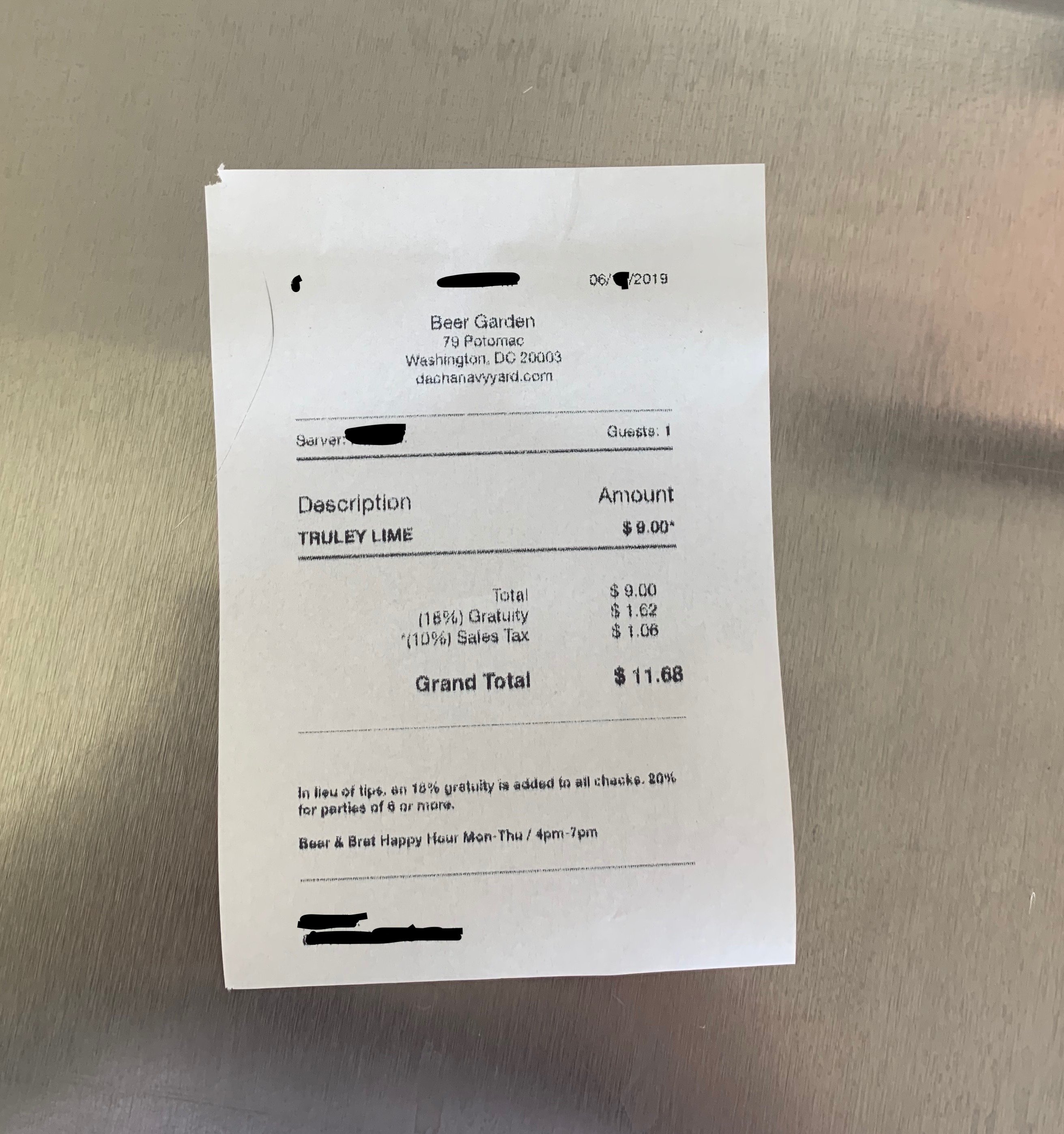
The distribution of automatic gratuity is currently a gray area in DC. That’s not true everywhere—and may eventually change here. “Under New York Law, there’s a specific provision that says you have to look at the reasonable expectations of a customer,” says Justin Zelikovitz, managing partner of DC Wage Law. “If a reasonable customer would think that the gratuity is going to the waitstaff, then it does in fact need to go to the waitstaff. Whereas in DC, there’s no corresponding provision.” He says Dacha’s language—”In lieu of tips, an 18% gratuity is added to all checks”—is problematic because it insinuates the tip is going to the server. Still, it’s not illegal.
“The intention may be good. It’s perfectly legal to say we’re going to pay you minimum wage or above, and we don’t do tips here,” says Zelikovitz. “But certainly from the customer’s perspective, it’s misleading. And to the extent employees believed that was something they were going to be paid, that would be legally problematic.”
In the opening weeks before automatic gratuity was instituted, gratuity in the beer garden and 140-seat indoor bar/restaurant were set up differently. Indoors, there was a tip pool system—outlined in Dacha’s employee handbook—where tips were distributed on a weekly basis based on hours and position. (There’s no mention of automatic gratuity in the handbook sent to Washingtonian). But two indoor restaurant servers who spoke with us anonymously said their paychecks were much less than anticipated.
“After our first couple of weeks being open, we were surprised how little money we were paid. They weren’t forthcoming with how it was distributed,” says a former part-time server, who says he made about $20 an hour including tips—low to him, since he says the new hotspot was busy, especially on game days. He claims he repeatedly asked to see a break-down of the tip pool system, but says management was evasive, if they responded at all. “It’s possible it’s correct,” says the server, “but I was refused the right to see, so it all seemed shady. Everyone working there thought so, too.”
Alter says managers were responsible for tip distribution in the opening weeks, but says ownership “stepped in” in late May, firing the general manager, bar manager, and floor manager for incompetence. However, at least two managers says they believed they were fired for confronting the ownership about “questionable practices.” Now, Alter says, “our staff seems to be happy. Everyone is making good money.”
The same restaurant server says he’s still waiting for a $1,000 bonus check that was promised to all indoor (not beer garden) hourly employees who attended a May 28 meeting, in which staff allegedly expressed concern to Alter and Chekaldin over their paychecks and distribution of gratuities. Both Dachas have a provision for performance bonuses “for exceptional service to customers,” though the handbook states the performance award “is fully a management prerogative.” The server alleges he was taken off the schedule after asking to see a breakdown of the tip pool and inquiring after his bonus, which he says he never received. Other employees say they received bonuses, albeit later than initially promised.
“I essentially got fired without being fired,” says the server. “They just took me off the schedule. I don’t know if it’s retribution for asking too many questions, or they didn’t want to give me a bonus, or both.”
This story has been updated from its original version following a statement from Dacha.

